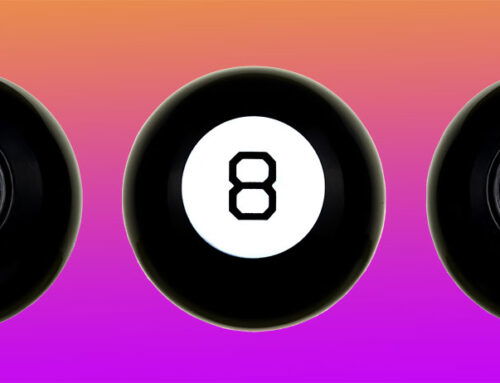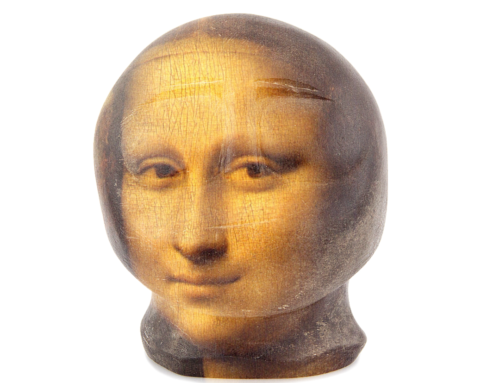Last night I saw Aquarius, a Brazilian-French film about an elderly lady, Clara, who wouldn’t sell her apartment to developers, even though every other apartment in the building had been sold. There were no occupants left and the building was decaying. The developers tried every trick to get her out, but she stood firm. She had lived most of her life in that apartment – raised her children there and remained for 17 years a widow after her husband died. The movie questioned the rights of ownership.
 But what interested me more was how her mind processed experiences. Clara had friends and socialized, but she dwelled in memories, old records and photographs. Her youth and middle age had moved from the past to the present and became a type of vicarious, virtual existence. She had friends and socialized, but memories comprised her life; the present, such as technology and modern music, had passed her by.
But what interested me more was how her mind processed experiences. Clara had friends and socialized, but she dwelled in memories, old records and photographs. Her youth and middle age had moved from the past to the present and became a type of vicarious, virtual existence. She had friends and socialized, but memories comprised her life; the present, such as technology and modern music, had passed her by.
How interesting that novels and movies also become fictional realities, and sometimes more powerful than our present reality. We know these stories are not true, yet we triumph when the good guy wins and are miserable when he/she loses. They become larger than life and very important to us. Why? These imaginary characters and events don’t exist; fiction becomes virtual reality. The books and movies morph into our vicarious lives.
Next Tuesday is the election. Oh, my god. The virtual reality is becoming scary. Facts no longer exist; anything is said to get votes, and we know it – again, a type of fiction that we somehow accept as reality. It’s reality TV – especially for one of the characters, who stepped right out of the show called The Apprentice. This has become our reality. It’s much more unsettling than the most bizarre novel or horror movie, because it could really become our reality, not our virtual reality.
How will it all end? Will we move back into reality, or is there no longer a difference?






Leave A Comment